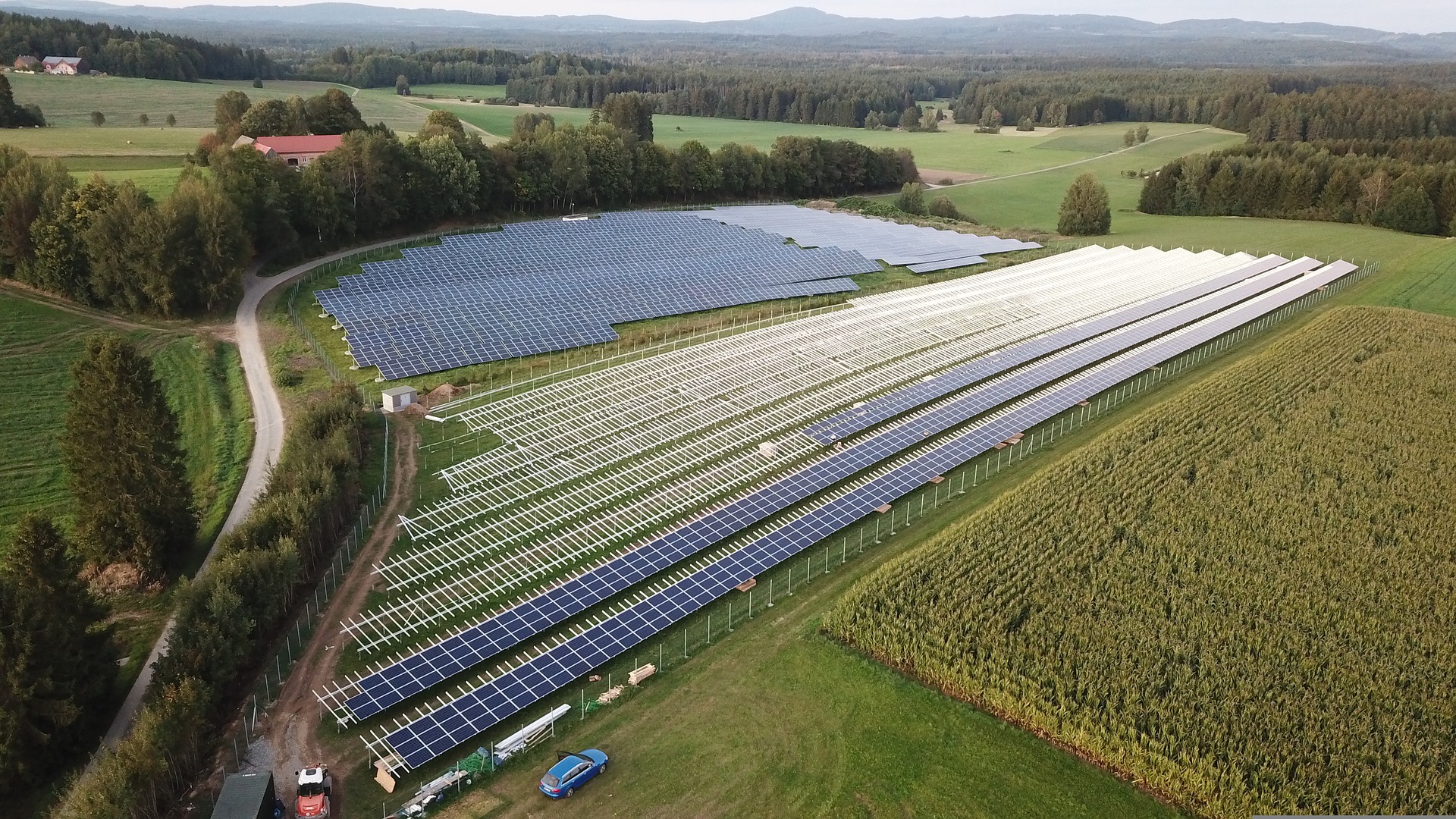
The alternative pipeline from Croatia cannot fully meet Hungary's needs or those of Slovakia and the Czech Republic.Continue reading

Hungary’s Foreign Minister Péter Szijjártó announced in Bucharest that a crucial green energy project involving Azerbaijan, Georgia, Romania, and Hungary is nearing its “point of no return.”
Mr. Szijjártó emphasized that humanity is in an era of dangers, with energy security being critical to national security. The Hungarian government aims to ensure a secure and stable energy supply while respecting environmental concerns.
Their strategy rests on four pillars: expanding nuclear capacity, developing solar power, cooperating with reliable suppliers, and exploring new transport routes.
The Green Energy Corridor project aims to import green electricity from Azerbaijan and Georgia to Central Europe, including Hungary, Romania, and potentially Bulgaria. This initiative represents a significant step towards diversifying energy sources and enhancing energy sovereignty for the participating countries.
The plan involves constructing a new high-voltage power line in Romania, reaching the Hungarian border by 2028-2029. A joint company will be formed by the electricity companies of the participating nations. A feasibility study is expected to be completed by 2025. If realized, the project will include a record-breaking 1,100-kilometer undersea pipeline.
The Foreign Minister stated,
nothing could be greener than wind energy from Azerbaijan and hydropower from Georgia.”
He also emphasized, “this is a big step towards energy sovereignty for all four of us (all five including Bulgaria) to ensure stable, sustainable, and affordable energy supplies for our countries.” Regarding EU support, he added, “we hope that the EU, for its part, will make a serious commitment to diversification and contribute financially to our project.”
The Green Energy Corridor project represents a significant milestone in Hungary’s efforts to diversify its energy sources and enhance regional energy security. By tapping into Azerbaijan’s wind energy and Georgia’s hydropower, the initiative aims to provide sustainable and affordable electricity to Central European countries.
Via MTI; Featured Image: Pixabay